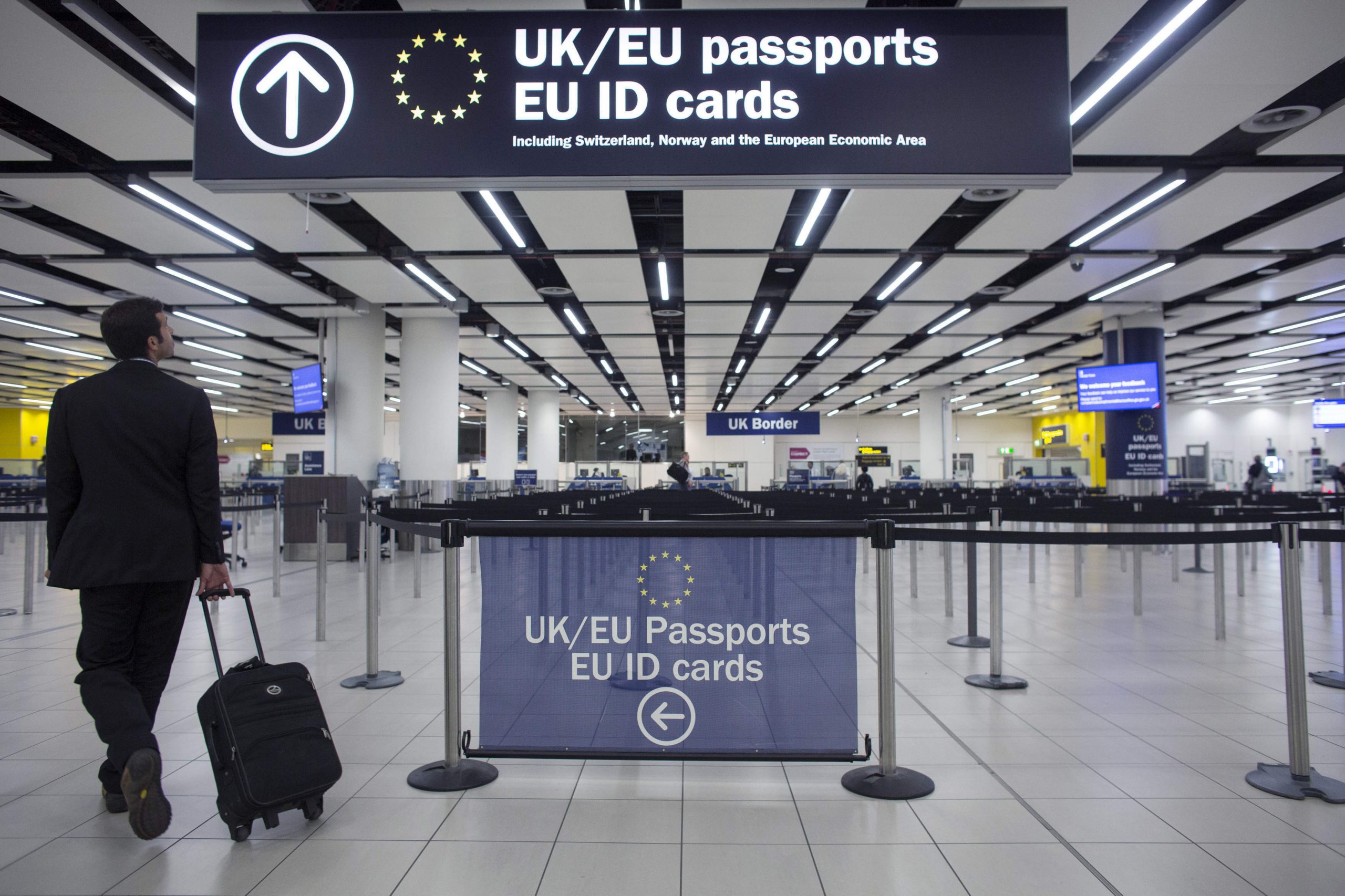
No immigration policy, it is usually assumed, can be too draconian for the British public. Yet voters have long held more nuanced views than thought.
By way of confirmation, a new British Future study shows that the majority of the public, including 72 per cent of Conservative voters, oppose the government’s aim of reducing net migration to “tens of thousands a year” (a level last reached in 1997). Some of the opposition reflects the Tories’ failure to meet the target in one of the 64 months since it was introduced. A mere 12 per cent of the public – and 14 per cent of Conservatives – believe it will be achieved by the end of this parliament (2022). Most voters, unsurprisingly, regard the target as an insult to their intelligence.

But the public’s stance also reflects an awareness that the quality of immigration matters more than the quantity, and that the UK needs immigrants. Among Leave voters, 92 per cent want the number of foreign doctors to remain the same or increase, with a majority also supporting care workers (66 per cent) and fruit pickers (52 per cent). Though 76 per cent of Brexiteers favour a reduction in unskilled migrants, the only specific group they wish to deter are waiters and bartenders.
Among the public, then, support for the net migration target (which continues to include foreign students) is no higher than among the cabinet. With the exception of Theresa May, no senior member wishes to retain the target (Home Secretary Amber Rudd does her best to avoid mentioning it at all).
Those who boasted during the referendum of their desire to reduce the number of newcomers have been forced to qualify their remarks. Brexit Secretary David Davis, for instance, has conceded that immigration will not invariably fall after the UK leaves the EU. “I cannot imagine that the policy will be anything other than that which is in the national interest, which means that from time to time we’ll need more, from time to time we’ll need less migrants.”
That the public share this view increases the chance that the net migration target will leave No 10 with May. Even before Brexit, net migration has already fallen by 81,000 to 246,000, the lowest recorded level for three years. The pound’s depreciation (which makes British wages less competitive), the spectre of Brexit and a rise in hate crimes and xenophobia are among the main deterrents. Should the government nevertheless seek to further repel migrants, it will be placing itself unambiguously at odds with the public.




